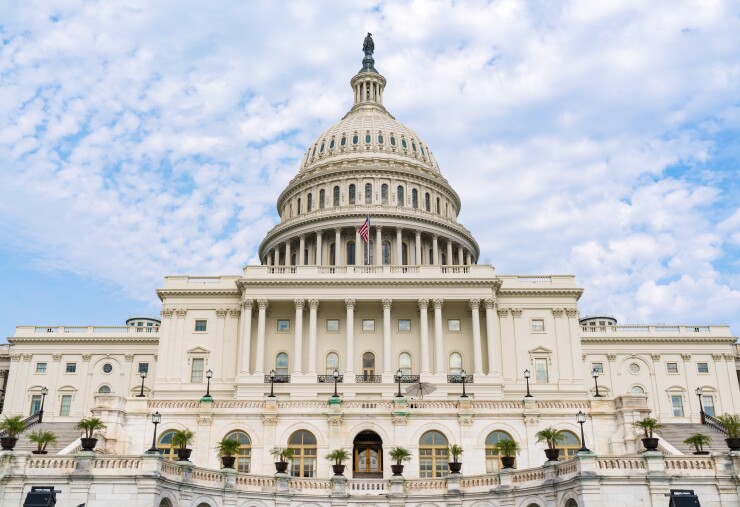Credit union lobbyists, unsurprisingly,
Because this trend expands the segment of the financial services sector exempt from taxation and key regulatory oversight while diminishing access to financial services, several states have acted to restrict these acquisitions. It’s past time for Congress to investigate at the federal level.
While credit union lobbyists plead innocence due to branch closures—
The average community bank has
In fact, the five community banks acquired this year paid $44 million in taxes last year, and three of those have posted above-average return on assets and net interest margins. Despite the false claims of credit union industry groups, these transactions remove healthy, tax-paying, locally based financial institutions from the communities they serve.
With each credit union purchase of a community bank increasing the federal tax exemption for more than $1.8 trillion in credit union assets, these transactions have serious implications for local communities that rely on tax revenues to support local schools, hospitals, and municipalities. But the harm to consumers goes well beyond government coffers.
With the nation’s community banks accounting for roughly 60% of U.S. small-business loans, taxpayer-subsidized credit union acquisitions risk displacing this critical provider of capital. This is particularly concerning given that community banks have led the financial response to COVID-19 by making roughly 60% of federal Paycheck Protection Program loans to save an estimated 49 million jobs—outpacing credit union PPP lending by a factor of 16 to 1.
These acquisitions also expand the portion of the financial services industry exempt from the Community Reinvestment Act, reflecting a broader negative impact on low- and moderate-income communities.
While credit unions were established a century ago to serve people of modest means with a common bond, the data show they are falling short of that mission. Community banks are far more prevalent in low-income or distressed communities, outnumbering credit unions by a 2-1 margin. And according to Home Mortgage Disclosure Act data, community banks are more likely than credit unions to lend in census tracts with above-average poverty and unemployment.
Ultimately, consolidation in the financial services industry reduces the availability of locally based financial institutions in communities most in need of them. That includes smaller, traditional credit unions, which are declining while larger credit unions expand. Credit unions in every asset category under $500 million
Policymakers in several states have been right to respond to this disturbing trend. Mississippi Governor Tate Reeves recently signed a
But this is a matter of national importance, and taxpayers are entitled to know more about how the subsidy they fund is being used to underwrite financial services consolidation. Congress should respond by
It would not be the first time Congress has reconsidered a financial services tax exemption. In 1951, lawmakers revoked the tax exemption for building and loan associations, cooperative banks, and mutual savings banks, finding that these institutions operated much like commercial banks and should be taxed accordingly.
As credit union banking acquisitions continue, policymakers should investigate these deals and whether the credit union tax exemption should continue financing them.







